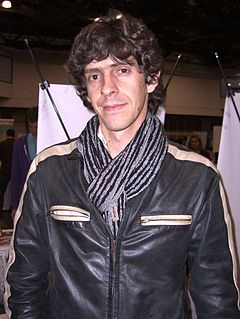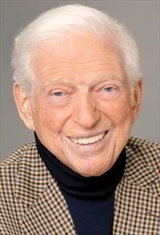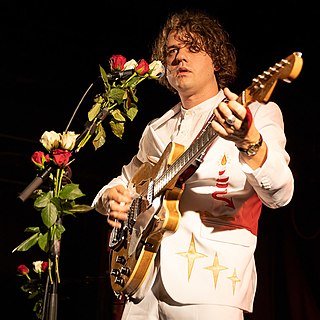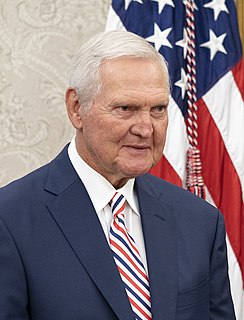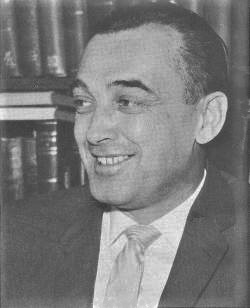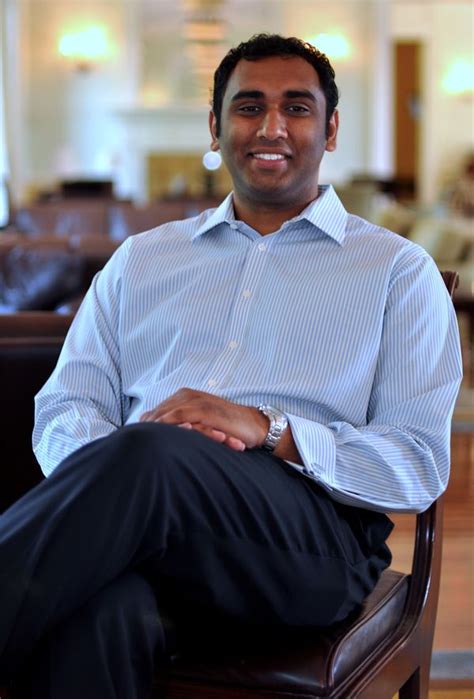Цитата Лоуренса Стерна
Оглядываясь назад с конца последней главы и рассматривая структуру того, что было написано, необходимо, чтобы на этой странице и на следующих пяти было вставлено большое количество разнородного материала, чтобы поддерживать этот справедливый баланс между мудростью. и глупость, без которой книга не продержалась бы и года.
Связанные цитаты
Временами я думал, что последняя страница моей книги и последняя страница моей жизни — одно и то же, что когда моя книга кончится, я кончу, сильный ветер пронесется по моим комнатам, унося страницы, и когда воздух, очищенный от всех этих развевающихся белых простыней, комната будет тиха, стул, на котором я сижу, пуст.
Честно говоря, наряду с размышлениями и прочим, когда дело доходит до письма, я не люблю такие слова, как «теория». Я бросил докторскую степень. Независимо от того, сколько статей на двадцать пять страниц я написал, мне никогда не казалось, что я говорю много. Я не чувствовал, что автор книги, чью работу я анализировал, был бы впечатлен. Неважно, сколько времени или усилий я вложил.
Мой роман, который я начал с такой надеждой вскоре после публикации моей первой книги рассказов, не сдвинулся с места выше отметки в 75 страниц. Ничто из того, что я написал дальше 75-й страницы, не имело никакого смысла. Ничего. Что было бы хорошо, если бы первые 75 страниц не были чертовски крутыми.
Действие есть надежда. В конце каждого дня, когда ты сделал свою работу, ты лежишь и думаешь: «Будь я проклят, я сделал это сегодня». Неважно, насколько это хорошо или насколько плохо — вы это сделали. В конце недели у вас будет определенное количество накоплений. В конце года вы оглядываетесь назад и говорите: будь я проклят, это был хороший год.
Идея заключалась в том, что мы определим порядок, когда посмотрим на корректуру. Я помню, как Брайон Гайсин сказал: «Ну, зачем его менять? Он идеален такой, какой он есть, такой, какой он вышел из типографии». Внесли одно серьезное изменение, то есть первую главу, пришедшую из типографии, которая будет началом, мы перенесли в конец. Первая глава стала последней главой. В «Голом обеде» нет нарезок.


